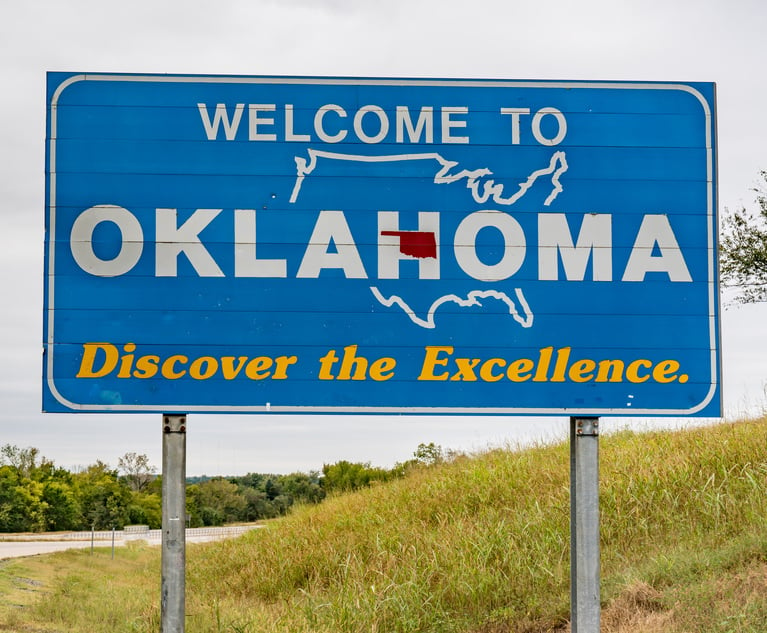There is a continuing dispute over insurance coverage for damageclaims arising out of defective construction. Courts around thecountry have offered decisions about coverage or the lack thereof;insurers have denied coverage and granted coverage; and agents havehad to explain to insureds why the claim is not covered or havetried to convince insurers that coverage exists.
|This is all standard operating procedure in the insurancebusiness. What is disconcerting to the process is the insistence ofstate legislatures on passing laws dictating to courts how todecide faulty-workmanship cases.
|Read MoreFC&S Blog Posts at the Coverage Cafe!
|For example, Colorado has enacted a law providing that whenconsidering Commercial Liability policies issued to constructionprofessionals, a court shall presume that the work of aconstruction professional that results in property damage—includingdamage to the work itself or other work—is an accident unless theproperty damage is intended and expected by the insured. As anotherexample,Arkansashas amended its code to require that a CommercialGeneral Liability insurance policy offered for sale in the statecontain a definition of occurrence that includes the phrase“property damage or bodily injury resulting from faultyworkmanship.” And I believe that South Carolina (and perhaps otherstates) has joined in this legislative handiwork.
|Legislative handiwork? More like legislative interference oroverreach. Not only does this practice interfere with a contractualagreement between insureds and insurers, it thrashes the“separation of powers” status that is well-established in thiscountry. Contractual disputes are supposed to be settled bycourts—not dictated by legislatures. Insureds and insurers are notalways going to be pleased with a court ruling, but that is thesystem we have. (What's the old saying? This is a country based onthe rule of law and not on the whims of men—something likethat.)
|The bottom line: Legislatures should stop trying to dictate howinsurance contracts are interpreted.
|WHO OWNS THE (EVENT) DATA?
|Recording a final data picture just before an auto accident isno doubt very helpful to insurance adjusters.
|There are many fine reasons to have event-data recorders (EDRs)placed in cars; in fact, the December 2011 edition ofClaims magazine offers a well-written article on the benefits of EDRs. But, as thearticle notes, questions can arise over who owns the EDR data, whohas access to the data and whether a driver should be made aware ofthe presence of an EDR in his or her car.
|Courts will answer these questions (hopefully without thedictates of the legislatures). Personally, I would not want an EDRin my car. But if that is going to be the standard in auto-making,I want to be the owner of the data and the only voice as to whomthe data is provided.
|Is my reluctance to accept auto EDRs justifiable?
Want to continue reading?
Become a Free PropertyCasualty360 Digital Reader
Your access to unlimited PropertyCasualty360 content isn’t changing.
Once you are an ALM digital member, you’ll receive:
- All PropertyCasualty360.com news coverage, best practices, and in-depth analysis.
- Educational webcasts, resources from industry leaders, and informative newsletters.
- Other award-winning websites including BenefitsPRO.com and ThinkAdvisor.com.
Already have an account? Sign In
© 2024 ALM Global, LLC, All Rights Reserved. Request academic re-use from www.copyright.com. All other uses, submit a request to [email protected]. For more information visit Asset & Logo Licensing.








